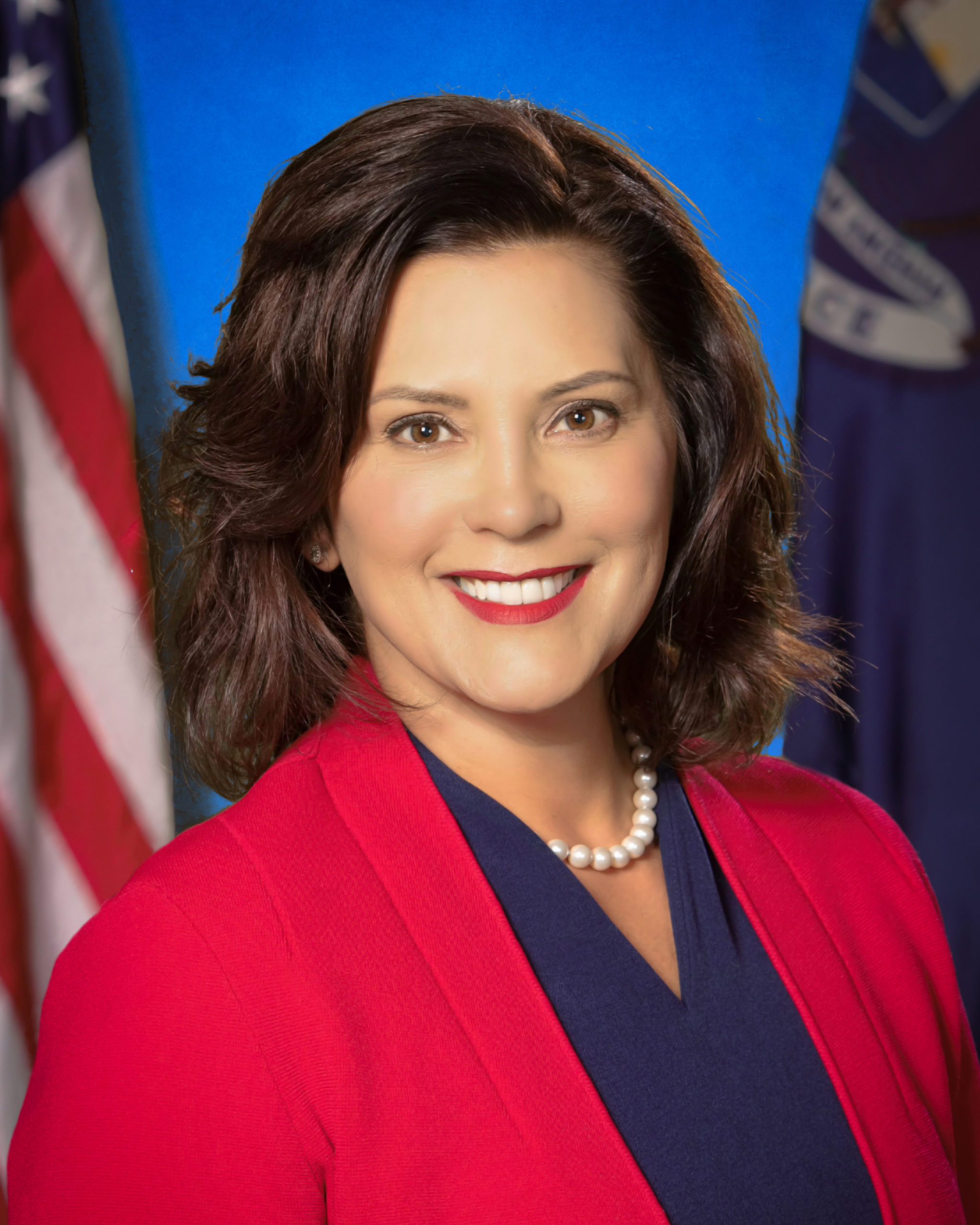Unprecedented Opportunity: Governor Talks American Rescue Plan, Equity, and Economic Growth
September 19, 2021
What’s the biggest obstacle to sustaining economic growth?
There continues to be an incredible demand for talent. The pandemic has only intensified this challenge. From engineering to skilled trades, we know Michigan’s workforce is one of our greatest assets from a business attraction standpoint. But as industry changes, particularly the shift from combustible engine to EVs, jobs are changing too. We are being proactive in getting Michiganders the retraining, upskilling, and certifications that will be critical both to ensuring our businesses have the workforce they need to grow but also making sure people all across this state are able to get a good paycheck and path to economic security.
What steps would you like to see to advance racial justice and equity in Michigan?
We have a lot more work to do to promote racial justice and foster inclusivity, diversity, and equity. It’s important that we take time to reflect on what we have learned and how, together, we can create a more equitable, inclusive and resilient economy for every Michigander. I proudly created the Black Leadership Advisory Council, dedicated to eradicating and preventing inequity in education, community safety, business leadership, and health to advance our shared goal of justice into each sector of the state.
As we navigate the pandemic, it is critical that we continue to offer inclusive, targeted support for both new and existing businesses if we want to achieve comprehensive, meaningful, and generational success for the people, businesses, and communities of Michigan.
Where do we need to invest more resources to create a healthier, more resilient Michigan?
We must continue to jumpstart our economy which means increasing incentives to boost wages to attract applicants, providing grants to small businesses to ramp up hiring, and expanding access to childcare for families with young children who want to return to work but cannot. We have the unprecedented opportunity to take advantage of federal stimulus funds and our $3.5 billion state budget surplus to invest in our communities by making long-term, lasting investments that will benefit all residents, and create comprehensive strategies that will help drive long-term economic growth.
We recently introduced our Economic Jumpstart Plan which pours $1.4 billion in childcare to make 150,000 more kids eligible for low or no-cost care, and offers small businesses grants up to $20,000 to cover rent, taxes, payroll, or any operating expenses. Whether we are utilizing our $10 million federal grant to support registered apprenticeship expansion efforts to increase employment opportunities or creating a tuition-free path to an associate degree or a skills certificate through MI Reconnect – each investment puts Michiganders first and prioritizes economic development in our communities.
Quentin Messer Jr. recently took the helm at the MEDC. How do you think the MEDC’s strategy will change as we move beyond the pandemic?
We are so excited to have Quentin as CEO at the MEDC. He has an incredible passion and energy for economic development and a competitive spirit. Most importantly, he understands that at its core, economic development must lead to meaningful economic opportunity at the individual level. If the impact of economic growth is not reaching every region and every resident in our state, we are doing something wrong. That was the foundation of the economic strategy before the pandemic, and it is the foundation today. So, while the pandemic, and industry trends may require us to adjust our tactics, we remain confident in the overall strategy. It has weathered this pandemic, and ensures we are in the best possible position for a strong economic recovery on the other side.
And now with Quentin, we are going to put that in overdrive and get to work building a championship economy here in Michigan.
Note: Answers were edited for length and clarity.
